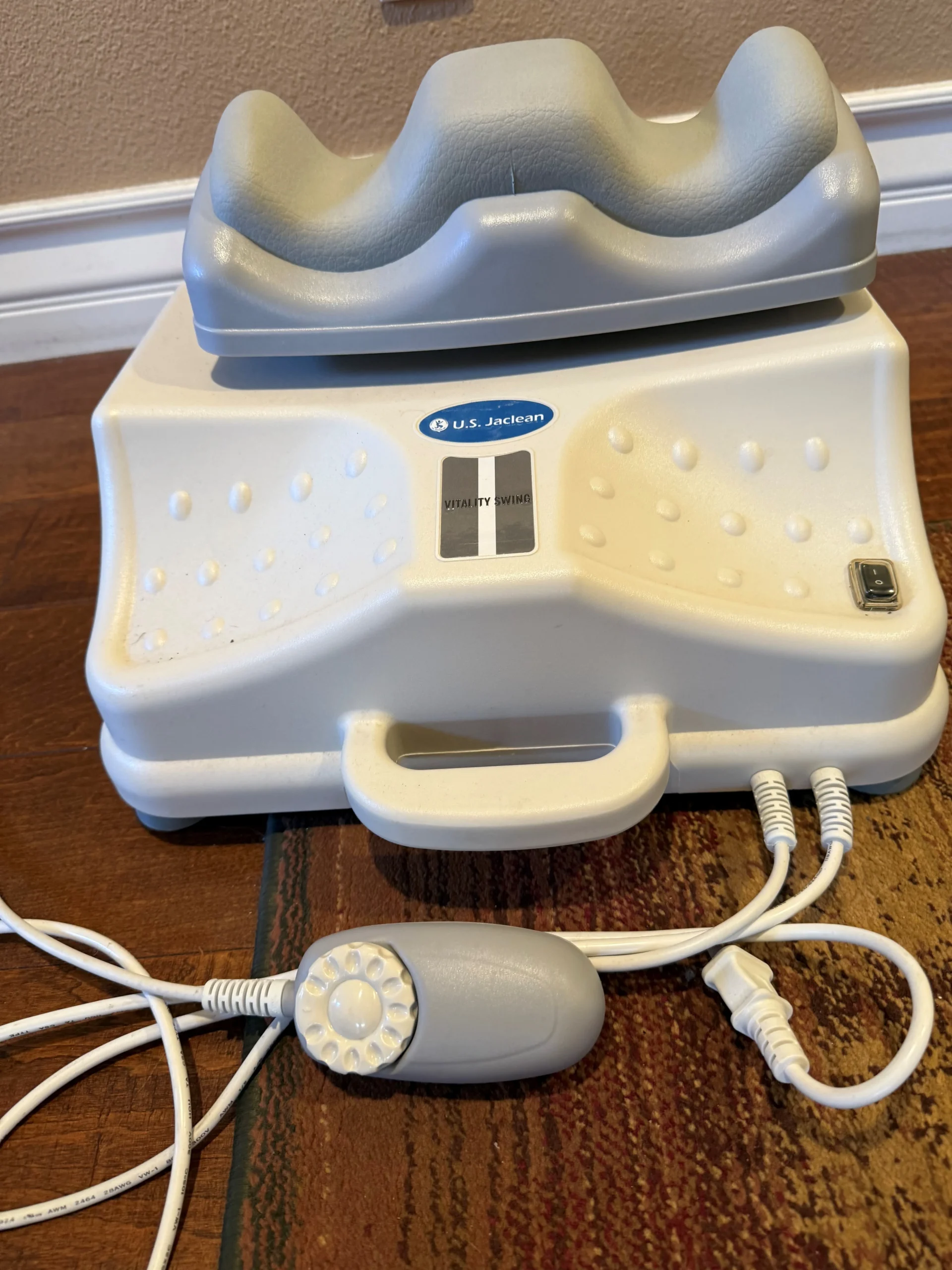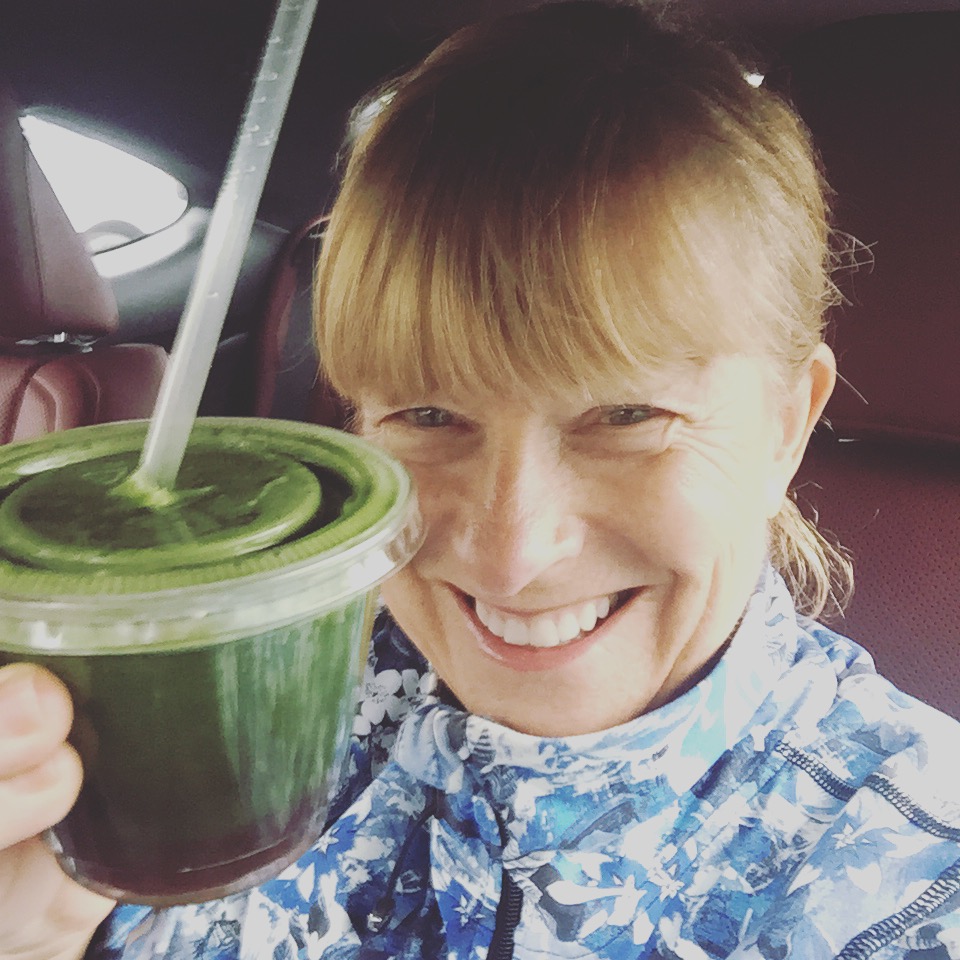 Toxins that we are exposed to in everyday life can act as endocrine disruptors. This means that they can increase or decrease vital hormones in the body. This ultimately leads to serious health problems, and so it is important to reduce exposure to these chemicals. Knowing about the negative health effects of these chemicals is good incentive to remove them from your life permanently. But what are safe products to replace them with?
Toxins that we are exposed to in everyday life can act as endocrine disruptors. This means that they can increase or decrease vital hormones in the body. This ultimately leads to serious health problems, and so it is important to reduce exposure to these chemicals. Knowing about the negative health effects of these chemicals is good incentive to remove them from your life permanently. But what are safe products to replace them with?
In the Kitchen
- Get rid of non-stick pans which leach endocrine disrupting chemicals into cooking food. Instead, choose cast iron or stainless steel cookware.
- Throw out old plastic cooking utensils and replace them with metal or bamboo options.
- Ditch plastic glasses and water bottles and use glass and stainless steel drink ware instead.
- Use glass and stainless steel storage containers to store food in instead of plastic.
- If using the microwave, skip using plastic wrap. The endocrine disruptors can drip onto your food while it is cooking this way. Also be sure to use only microwave safe glass or ceramic dishes, not plastic
- When washing hands or dishes, look for non-toxic soaps when possible. Avoid anti-bacterial soaps completely, as these contain endocrine disruptors.
- Be aware of what cleaners you are using in the kitchen. Being an informed consumer can help you to know if the household cleaners you are using in your kitchen are harming your health.
Throughout the House and Outside
- Skip using regular pest control services. Pesticides regularly contain endocrine disruptors. Some pest control companies offer greener pest control services, but as always, “natural” doesn’t always mean safe, so check with a company to be sure that there are no chemicals that can cause hormonal problems.
- Stop using weed killers! These chemicals are highly used and highly dangerous to your health. It is worth it to take the time to find non-toxic versions in order to protect your health.
- If you use old electronics, be sure to use them in larger rooms. Chemical flame retardants were used in these products, and using them in a small space, such as a bedroom or bathroom increases your exposure to these chemicals significantly.
This is the first article in a 2 PART SERIES.





























